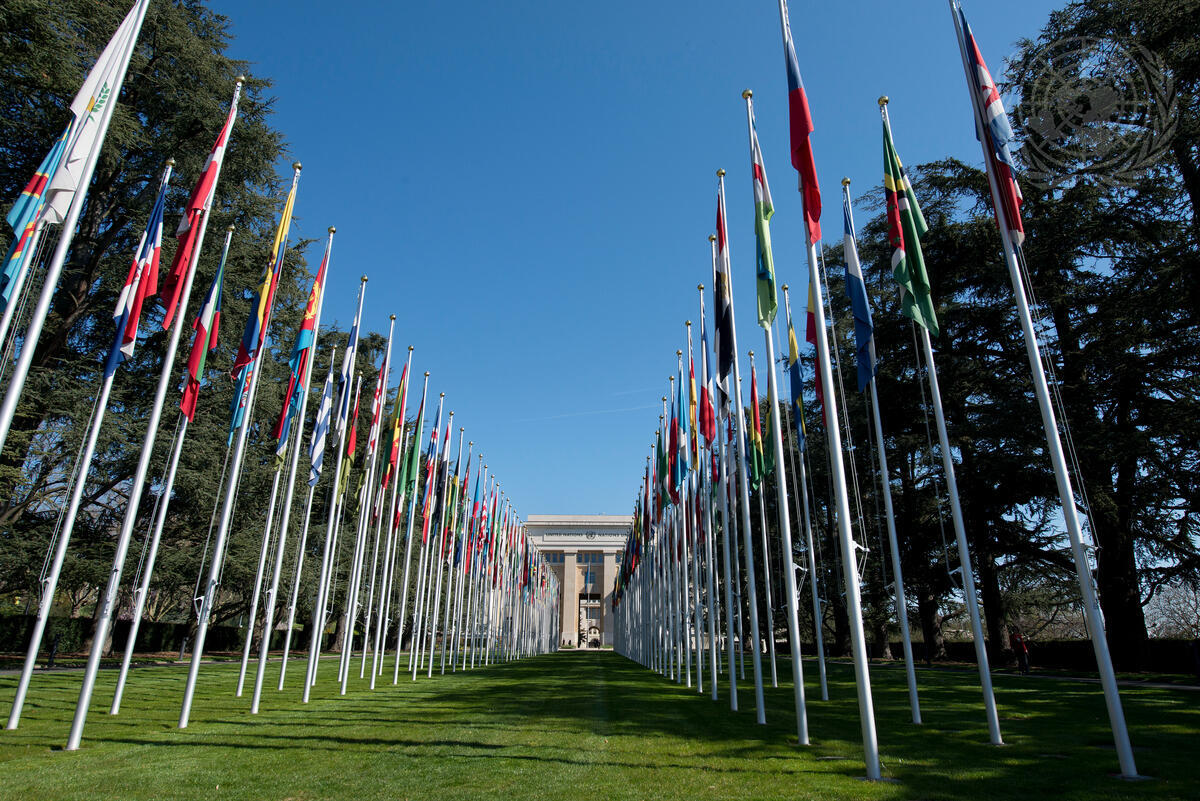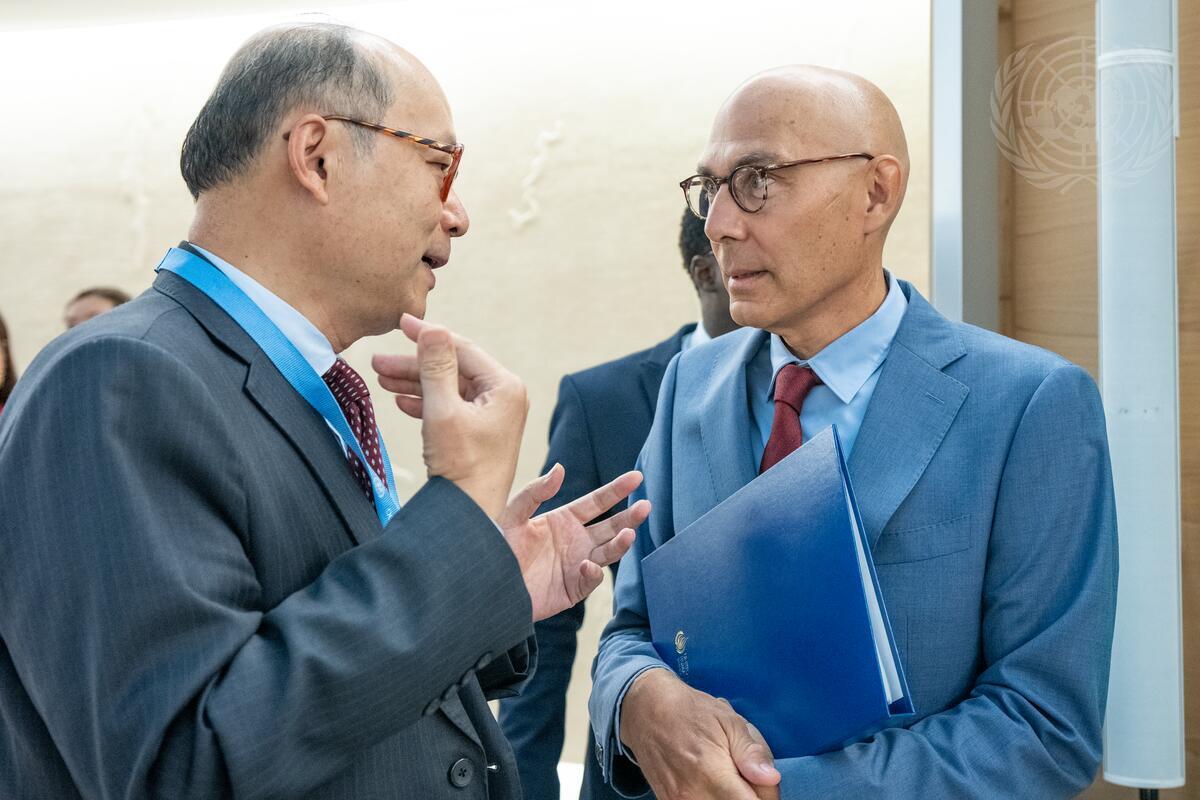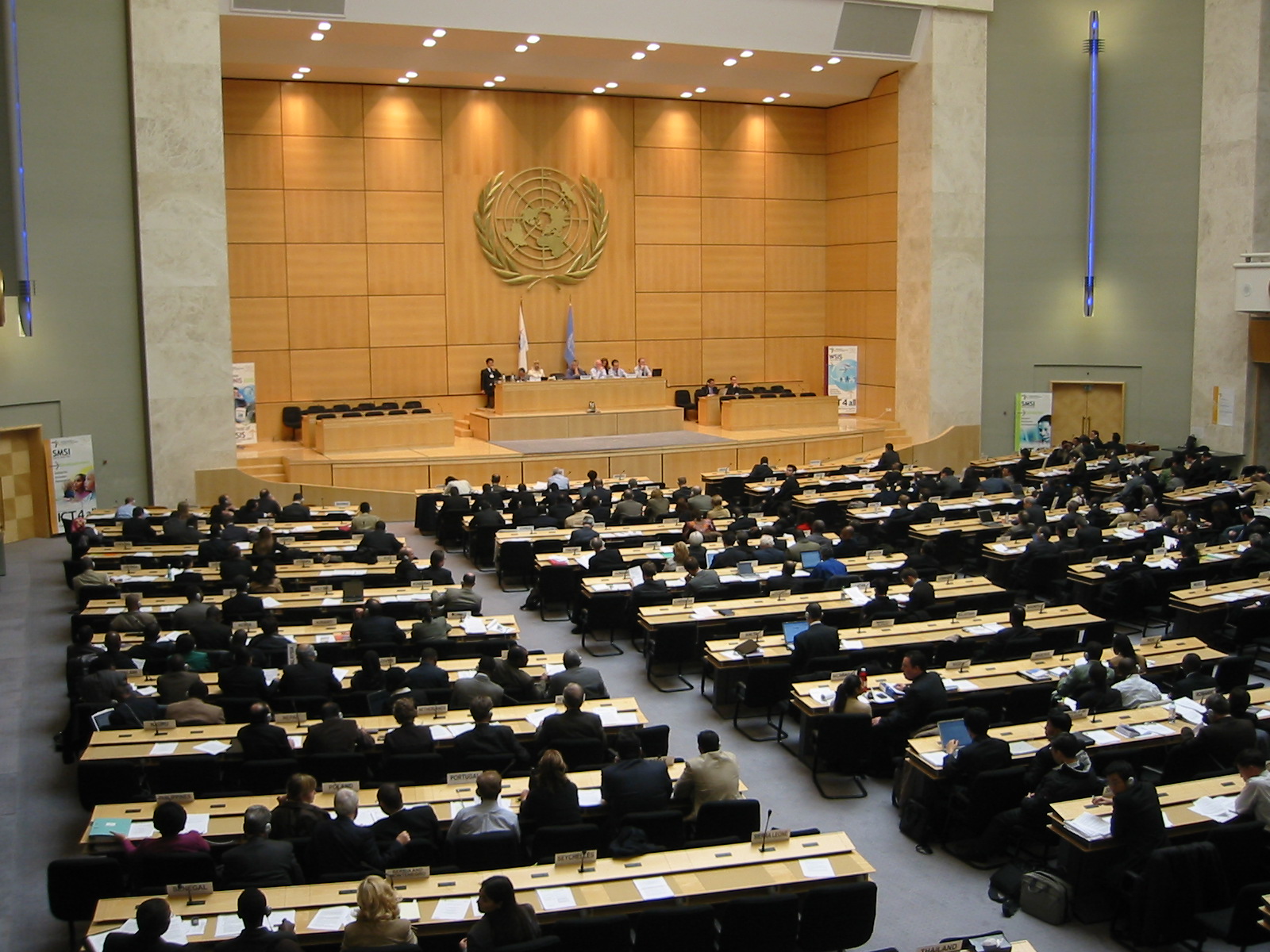In a public statement on 27 August, the Office of the High Commissioner (OHCHR) stressed its engagement and recommendations in areas where it has been pushing for responses and results from the Chinese government, including on Xinjiang, Tibet, Hong Kong, and individual cases ‘of particular concern’ in mainland China.
This includes a renewed call on Beijing to ‘take prompt steps to release all individuals arbitrarily deprived of their liberty, and to clarify the status and whereabouts of those whose families have been seeking information about them.’
'I welcome Volker Türk’s strong endorsement of the Xinjiang report. One day is a day too long for victims like my mother. This must be an urgent wake-up call for all countries to take concrete and swift action to hold China accountable for its long list of documented human rights violations, starting at the UN Human Rights Council.'
Ziba Murat, activist and daughter of arbitrarily detained Uyghur doctor Gulshan Abbas
Two years ago, on 31 August 2022, former High Commissioner Michelle Bachelet released a long-awaited report determining the possible commission of ‘crimes against humanity’ against Uyghurs and other Muslim peoples by Chinese authorities. While the UN report already concluded that conditions were in place for ‘serious violations to continue and recur,’ mounting documentation by UN expert bodies and civil society have confirmed the serious deterioration of the human rights situation in the Uyghur region and across China since 2022.
In today’s statement, the OHCHR underscored that ‘many problematic laws and policies remain in place’ and that allegations of human rights violations, including torture, must be ‘fully investigated’. The Office also called for a ‘full review’ with a human rights emphasis of the legal frameworks governing Chinese policies related to national security, counter-terrorism and minority rights. All of these have remained in place despite extensive concerns, including in the 2022 report, that authorities have weaponised such tools to target Muslim individuals, but also Tibetans, human rights defenders and journalists, and to clamp down on civil society space across mainland China and Hong Kong.
The Chinese government also maintains widespread and systematic restrictions, including through laws, policies and practices described in the UN report, that severely impact the intergenerational transmission of culture, language and religion of Uyghurs and Tibetans.
Beijing has perpetually attempted to present the Xinjiang report to other countries as an isolated initiative. Yet, since its release, further findings by widely-respected UN expert bodies have confirmed and expanded on its findings. Two impartial UN expert committees have called for the report’s full implementation: the Committee on the Elimination of Racial Discrimination (CERD) in their unprecedented November 2022 Urgent Action Decision on Xinjiang, and the Committee on Economic, Social and Cultural Rights (CESCR) in their May 2023 review of China.
In December 2022, at least 15 UN experts also recalled numerous report findings in a strongly-worded letter to the government, laying out seven benchmarks for immediate action, yet expectedly rejected by Beijing.
‘We welcome the High Commissioner’s commitment to work with civil society and advocate for the implementation of all UN recommendations to China. Beijing does not get to cherry pick: UN human rights findings are indivisible and, altogether, chart the only genuine path forward for China to achieve meaningful human rights change. Any step away from it is deceitful and a proof of lack of willingness to be a responsible global actor.'
Raphäel Viana David, ISHR China Programme Manager
Crucially, the OHCHR stated it continues to ‘follow closely the situation,’ but reported ‘difficulties posed by limited access to information and the fear of reprisals against individuals who engage with the United Nations.’ The High Commissioner’s Office also committed to advocating on behalf of victims and engaging with civil society ‘to seek tangible progress in the protection of human rights for all in China.’
‘After two years, High Commissioner Türk’s update that the Office is committed to tangible change in China is heartening. Yet, China has not implemented any OHCHR recommendations, and independent investigations are still limited or blocked. Victims like my brother Ekpar Asat, who endured three years in solitary confinement, and families facing China's psychological warfare can’t wait any longer. Türk’s work and engagement with China must fully acknowledge these realities.'
Rayhan Asat, Uyghur human rights lawyer
Further evidence of the absence of good faith from Beijing in its engagement with the UN include an increased rejection rate of recommendations during its last UN human rights peer-review in January 2024 – including all related to the Xinjiang report and UN Treaty Bodies – and its unwillingness to provide unrestricted access to the whole territory for UN Special Rapporteurs listed in the Xinjiang report.
China also remains among the top perpetrators of reprisals against those cooperating, or seeking to cooperate with the UN, and has increased trans-national repressive tactics to try silencing activists and victims abroad. In June 2024, two UN experts condemned the continued enforced disappearance of Uyghur doctor Gulshan Abbas, recalling the Xinjiang report’s findings of a pattern of reprisals ‘against family members of Uyghurs in exile who had engaged in advocacy.’
‘Beijing has done its best to discredit the report, even touring foreign officials through Xinjiang, avoiding substantial discussion about the UN’s findings,’ added Raphäel Viana David. ‘The High Commissioner’s message places the Xinjiang report at heart of his engagement with Beijing. The onus is now on China to take meaningful steps forward and on the Human Rights Council to closely monitor until it does so,’ Viana concluded.
In June 2020, June 2022 and September 2022, over 40 UN experts jointly rang the alarm at China’s human rights crisis, urging the Human Rights Council to establish a monitoring and reporting mechanism on the country’s rights situation.
Last June, ISHR and three rights groups jointly released translations of the Xinjiang report in the five remaining UN official languages.
ISHR urges:
- The Chinese government to adopt a roadmap with a clear timeline for the implementation of recommendations from the OHCHR Xinjiang report and other UN human rights mechanisms, and for its meaningful reengagement with UN bodies, including by allowing unrestricted access to the whole territory for UN independent experts for adequate investigation and by putting an immediate end to all acts of reprisals as reported by the UN;
ISHR further calls on:
- The Human Rights Council to establish a monitoring and reporting mechanism on the human rights situation in China, with a view to uphold the integrity of its mandate and put an end to China’s exceptionalism.
- The High Commissioner to continue monitoring the human rights situation in China, to publicly report about it, including on the implementation of the Xinjiang report and any restrictions in accessing information, and to publicly advocate on individual cases.




